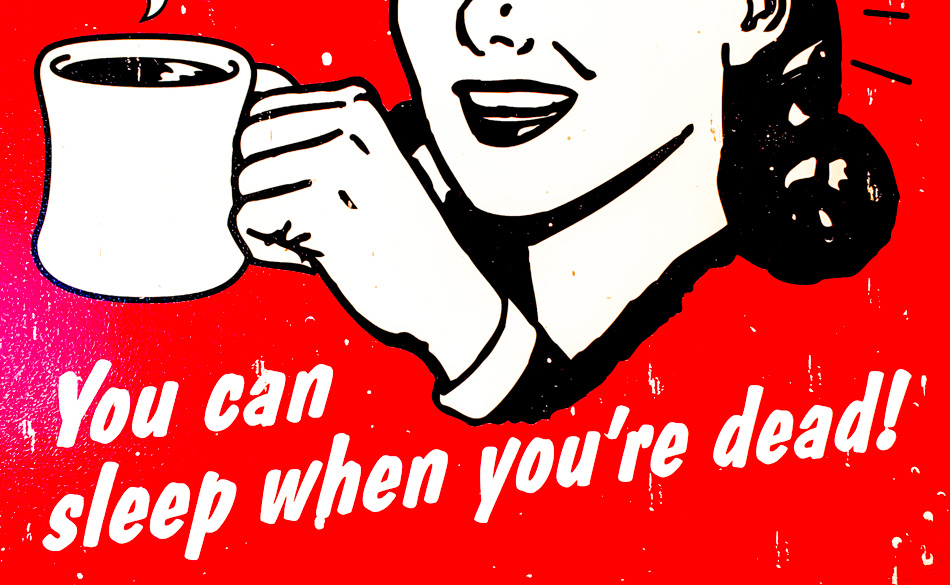
After spending the majority of my life being deterritorialized, I’m now “cursed,” living a glocalized existence. Little could I have understood that leaving New York state as a 5-year-old, being moved around between relatives, moving to California and taking up residence in Long Beach, Monterey Park, and then West Covina prior to moving to Arizona and within a few years of that heading off to Germany, where I’d be at home for ten years, I was being primed to have a nomadic sense of place.
It seems apparent to me now that this type of nomadism works to deterritorialize people. I had no connectivity to traditional social, cultural, or political identities but instead grew adept at normalizing diverse tastes for the various regional attitudes, flavors, and sounds that were integrating me. As I grew older, I desired to bring the hodgepodge of influences from my various stages in life to new modalities where novelty ruled, and traditions were never able to take hold.
Without American football, beer, god, television, Christmas, or guns as foundational cornerstones of who I see myself, I have been able to instead find refuge in the music of our vast world, pleasure in sampling the taste of water, the thrill of exploration, and the celebration of every day as my version of an experiential life. I’m in a state of near-constant curiosity about those things I’m yet to experience. I’m actively localizing my encounter with the globe and growing impatient with the market’s failure to bring me life as I want it to be: convenient and within reach.
For me, the palette of reality I’m able to paint from far exceeds the immediacy it affords me. The desert I live in is not only a physical realm but a metaphor for how I’m trapped in a kind of monotheistic capitalism, meaning there’s a tendency to be forced to pray before the American God of Consumerism. In my perfect world, the taste of Burma, China, and Italy, the live sounds of Indonesian gamelan, German minimalist techno, and the heavenly emanations of a choir singing in Latin, along with the clothes of rural Croatia, the fabric dying of Kumo shibori, or even a dhoti would be easily found and used, though I feel uncomfortable using these things here in conformist America.
As such, I no longer feel like an American in the classical sense of that identity but subjugated by a cultural orthodoxy verging on militantism. From my perspective outside this dominant purview, I feel it’s apparent that fear of losing the traditions and dominance of a ruling class has society scrambling to contain the evolutionary processes that are underway. It’s as though after 70 years of propagating a globalist agenda that was intended to strengthen American allies and contain leftist/communist anti-capitalism, the fruits of this global collaboration are having undesired follow-on effects.
The idea that putting the internet and humanity under tighter control could somehow quiet dissent and stymie attempts at rebellion seems to be futile. Our world shares music, film, food, art, electronics, communication, transportation, resources, and the environment, even when we are flawed in just how we do those things. Many people are well aware of the interdependence on one another, and it seems obvious that this will likely continue to shape our futures. The notion that this cat can be shoved into a box it left long ago is foolhardy at best.